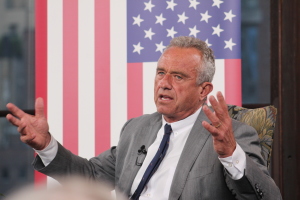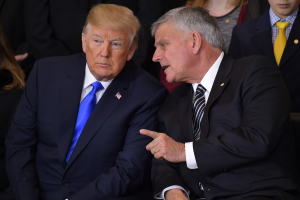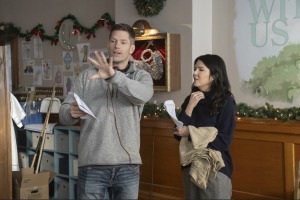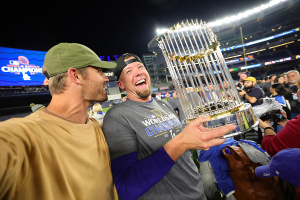Minnesota Council of Churches launches 'historic' reparations initiative
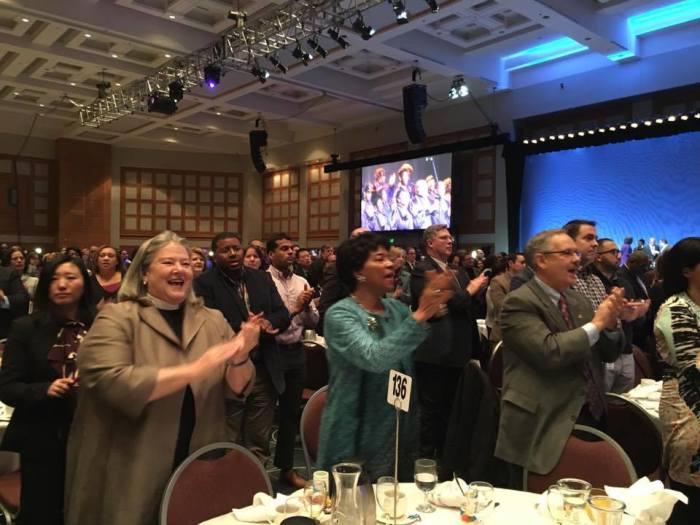
With 25 denominations representing some one million adherents, the Minnesota Council of Churches has embarked on a 10-year plan to tell the truth and educate about racism in Minnesota and offer reparations to black and indigenous communities harmed by it.
According to Jim Winkler, president of the National Council of Churches, he has never seen an anti-racism plan like the one laid out by the MCC.
“There’s a lot of anti-racism work going on,” Winkler told the Star Tribune. “But I haven’t seen a plan as systematically laid out as the Minnesota council has done.”
The statewide “truth and reparation” plan, first announced in October, is modeled on the principles of the Truth and Reconciliation Commission in post-apartheid South Africa. The Rev. Curtiss DeYoung, CEO of the MCC and also a former professor of reconciliation studies who traveled frequently to South Africa to study its Truth and Reconciliation Commission, also said the plan is unprecedented.
“This is a historic moment for the Minnesota Council of Churches,” he said.
In a document on the plan presented by the council, they explain that the truth telling process will start with acknowledging the complicity of faith communities in racial injustice and disparities. The process will emerge in various contexts statewide and across local governments addressing issues such as policing, land, and racial equity in health, education, wealth, employment and housing.
Denominations will be allowed to pursue their own educational process for racial justice and equity work in conversation with MCC, which could include anti-racism training or other efforts like cultural competency development.
The council also committed to “build a coalition to call for, legislate, and deliver reparations to Black and Indigenous communities.”
“This would be coordinated with the truth telling process. This restitution would include land and economic reparation,” the group noted.
The council believes that their ambitious effort is likely to succeed based on the global protest for racial justice that was triggered by the killing of George Floyd in Minneapolis in May.
“Minnesota right now is at the epicenter of racial justice transformation,” the Rev. Stacey Smith, presiding elder of the African Methodist Episcopal Church in Minnesota and council board member, told the Tribune. “I feel we have a responsibility to respond as a church and talk about these things. There has been such a vacuum of missing stories, not only from black and brown people, but Indigenous people and others.”
The council further noted that their aim is not just to address the historic harm to African American and Native American communities in Minnesota, but recent immigrant groups as well.
“Black and Indigenous communities are not the only ones experiencing the effects of racial or economic disparity in Minnesota. As immigrants and refugees have arrived in Minnesota from Latin American, African, Asian, Arab, and other countries, they have also been directly impacted by the pre-existing structures that create inequity. Focusing on the structures developed to support White supremacy and the discrimination against Black and Indigenous communities will also benefit others thus affected … even economically marginalized Whites,” they said.
















